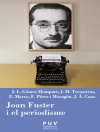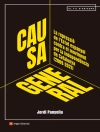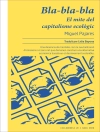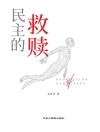Russia’s country estates were fulcrums of culture, learning and socio-administration under the imperial state. Only a fraction of the original numbers of these structures survives today, and yet even today several of the most famous of these buildings have uncertain futures. At risk is the survival of this fascinating remnant of Russia’s cultural history. This matter is especially salient as post-Soviet Russia has participated in a struggle over means of its own self-representation. Historic landmarks enter the political arena during periods of drastic change. The struggle over monuments reveals notable adjustments and continuities over a nation’s historical narrative; the study of the treatment of certain monuments provides insight to the language, symbols and memory of a people in transition. This book examines links between two seemingly divergent spheres of human interaction, those of politics and culture. The aim of this book is not to analyse the artistic and architectural merits of Russia’s country estates, as a plethora of works already address this subject. Rather, the objective is to look at the underlying attitudes and circumstances which affect the survival of this integral feature of Russia’s pre-revolutionary secular past. A variety of factors come into play in estate preservation, such as: privatization, restitution, taxation, legislation, actions of governmental and non-government organizations, tourism, and others. This book analyzes Russia’s institutions and actors that continually compete for shifting and scarce resources in the sphere of culture, often to the detriment of physical cultural artefacts themselves. More than just Russia’s estates are subject to these forces although estates serve as an excellent lens with which to view these destructive processes at work.
关于作者
The author: aura Victoir studied International Relations at Brown University, USA, and holds an M.Phil. in Russian and East European Studies from the University of Oxford, UK. She is now a doctoral student in European History and Senior Scholar at Hertford College Oxford residing in New York City.The author of the foreword: Dr Priscilla Roosevelt is an independent scholar residing in Washington, DC, and the cofounder and president of American Friends of the Russian Country Estate.












